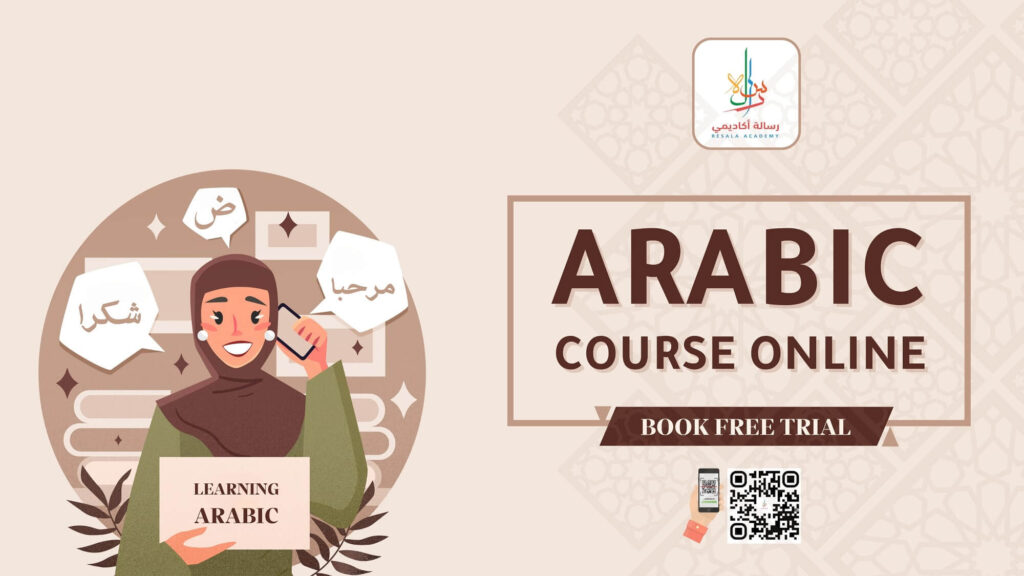My Journey into Arabic: From Hesitation to Hello (and Beyond!)
Let me tell you a story. It’s a story about a language, a journey, and how a simple decision changed the way I saw the world. For years, the idea of learning Arabic swirled around in my head like a captivating, yet utterly intimidating, melody. I’d hear its beautiful, melodic sounds and feel a pull, a curiosity about the rich cultures it unlocked. But then, the doubts would creep in: "It’s too hard," "The alphabet looks like squiggles," "I’m not good at languages." Sound familiar?
Well, if you’re standing at that same crossroads, staring at the vast, exciting world of the Arabic language and wondering if you can take the first step, then pull up a chair. Because I did it, and let me tell you, it’s been one of the most rewarding adventures of my life. This isn’t just about memorizing words; it’s about opening doors you never knew existed.
The Spark: Why Arabic?
My fascination wasn’t sudden. It was a slow burn, fueled by travel documentaries, a few friends from Arab countries, and an undeniable appreciation for the intricate beauty of Islamic art and calligraphy. I longed to understand the nuances, to connect on a deeper level than just English could allow. I wanted to move beyond polite "hellos" and truly engage.
But where to start? The sheer scale of the language felt overwhelming. Different dialects, a completely new script – it was a lot. I knew I needed structure, guidance. That’s when I decided to look for a proper Arabic course.
Finding My Footing: Choosing the Right Arabic Course
This was the first big hurdle. A quick search revealed a dizzying array of options: intensive immersion programs, university modules, private tutors, and a whole universe of online Arabic courses. How do you pick one that suits you, especially when you’re a complete beginner?
My advice? Don’t get bogged down in finding "the perfect" one. Focus on what feels accessible and sustainable for you.
- Consider your learning style: Do you thrive in a classroom setting with other students? Or do you prefer the flexibility of online Arabic classes you can take from your living room?
- Look for native speakers: This is crucial. Hearing the authentic pronunciation from day one makes a huge difference.
- Check reviews and testimonials: What are other beginners saying about the program? Is the teaching style supportive and engaging?
- Start small: Don’t commit to a year-long, five-days-a-week course if you’re unsure. Many platforms offer trial lessons or shorter introductory modules.
I eventually settled on a well-regarded online Arabic course that focused on Modern Standard Arabic (MSA), which is widely understood across the Arab world and a great foundation. It offered live lessons with a native-speaking instructor and a small group of students, which felt like the best of both worlds – structure and interaction, but from the comfort of my home.
The First Steps: Decoding the "Squiggles"
Oh, the Arabic alphabet! When I first saw it, it looked like a beautiful, but utterly baffling, string of squiggles. My teacher, a wonderfully patient woman named Layla, understood my apprehension. She started us off with the absolute basics, emphasizing that it wasn’t about speed, but about recognition and careful pronunciation.
And guess what? It wasn’t nearly as terrifying as I’d imagined. Each letter has its own distinct shape, and once you start recognizing them, a whole new world begins to open up. We learned to connect letters, to read from right to left, and within a few weeks, I was slowly, painstakingly, sounding out simple words.
My first real triumph? Reading "Marhaba" (مرحبا – Hello) without hesitation. It felt like a magic trick! This initial success, this small victory, was incredibly motivating. It proved to me that this wasn’t an impossible feat.
Beyond Basics: Grammar, Vocabulary, and the Occasional Stumble
As the weeks turned into months, my Arabic learning journey deepened. We moved from basic greetings and introductions to tackling more complex grammar. Arabic grammar can feel like a maze at times, with its root words, verb conjugations, and gendered nouns. There were moments of frustration, I won’t lie. Moments where I felt like my brain was trying to untangle a particularly stubborn knot.
But Layla always reminded us: "Mistakes are just steps on the path." And she was right. Every time I stumbled, mispronounced a word, or mixed up a masculine and feminine noun, it was an opportunity to learn.
What helped me immensely:
- Consistency: Even if it was just 15-20 minutes a day, consistent review and practice made a huge difference.
- Active recall: Instead of just rereading notes, I’d try to recall words and phrases from memory.
- Flashcards: Old school, but incredibly effective for vocabulary.
- Listening to Arabic: I started listening to simple Arabic songs, news snippets, and even children’s stories. I wouldn’t understand everything, but my ear began to get used to the sounds and rhythms.
- Speaking practice: This is paramount. Even if it’s just practicing with your teacher or a language partner, getting those sounds out of your mouth is vital for conversational Arabic.
The Unexpected Rewards of Learning Arabic
Learning Arabic isn’t just about the language itself; it’s about the doors it opens.
- Connecting with People: Suddenly, those friends from Arab countries weren’t just acquaintances; we could share deeper conversations. Their faces would light up when I spoke a few sentences in their native tongue. It bridges gaps in ways you can’t imagine.
- Cultural Immersion: Reading even simple texts in Arabic started to give me a richer understanding of the culture, history, and even the humor. It’s like seeing a vibrant painting in full color, instead of just a black and white sketch.
- Travel Experiences: My next trip to a Middle Eastern country was profoundly different. Ordering food, asking for directions, or just exchanging pleasantries felt incredibly empowering. Locals were often delighted and eager to help me practice. It turned ordinary interactions into memorable moments.
- Personal Growth: There’s an immense sense of accomplishment that comes with tackling something challenging and seeing real progress. It builds confidence and proves that you’re capable of more than you think.
My Encouragement to You: Start Your Arabic Journey!
If you’ve been considering an Arabic course, or even just dipping your toes into the language, my strongest advice is this: just start. Don’t wait for the "perfect" moment or the "perfect" course. The perfect moment is now, and the perfect course is the one you actually commit to.
Here are a few quick tips for fellow beginners:
- Embrace the challenge: It won’t always be easy, but that’s part of the fun.
- Find a good teacher or resource: Someone who makes learning enjoyable and clear.
- Be patient with yourself: Language learning is a marathon, not a sprint. Celebrate small victories!
- Practice, practice, practice: Speak it, listen to it, read it, write it. Every little bit helps.
- Don’t be afraid to make mistakes: They are your best teachers.
- Connect with others: Find a language partner or a community of learners.
Learning Arabic has truly enriched my life in ways I never anticipated. It’s more than just a language; it’s a gateway to a vibrant tapestry of cultures, histories, and human connections. So, what are you waiting for? Take that first step. I promise, it’s a journey well worth taking.



